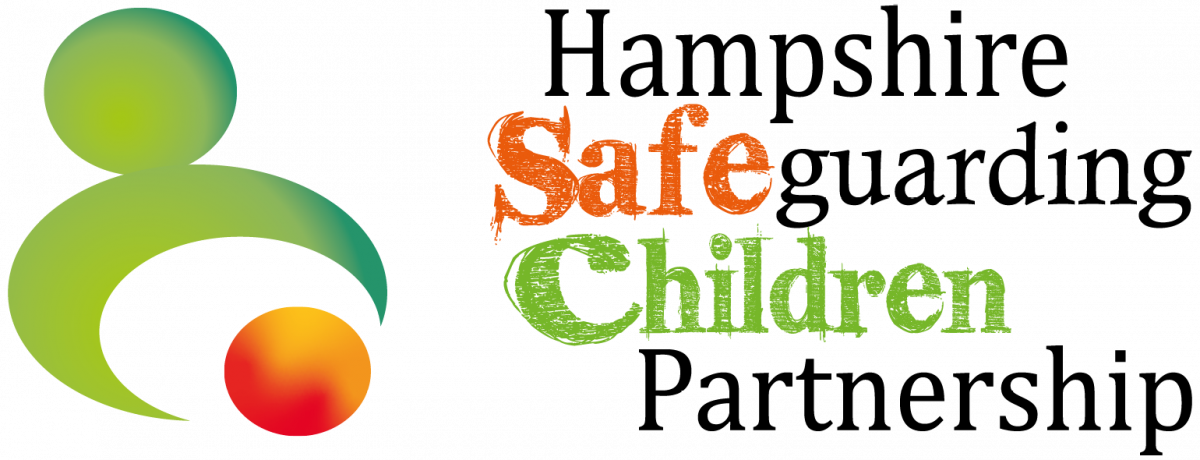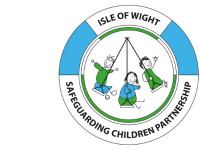Further Resources
These toolkits are aimed at professionals to better understand and respond to safeguarding concerns. The toolkits contain information on a range of safeguarding themes, along with practical tools and resources to support professionals in their safeguarding practice. The toolkits also include signposting to further websites to support professionals further.
HIPS Child Sexual Abuse Toolkit – This toolkit for professionals is designed to support the prevention of child sexual abuse (CSA), and improve the identification, protection, and support for victims, survivors, and their families.
Hampshire and Isle of Wight Safeguarding Adolescents Toolkit – This toolkit for professionals is designed to support all professionals who work with adolescents and their families and to improve outcomes for children transitioning through this sometimes, vulnerable period.
HIPS Child Exploitation Toolkit for Professionals – This toolkit for professionals provides information, resources and practical tools to support professionals in their prevention, identification and response to child exploitation.
HSCP and HSAB Prevent Toolkit – The Prevent Toolkit has been developed to support professionals working with adults and children in Hampshire who may be at risk of, or are, being groomed for radicalisation.
HIPS Serious Violence Toolkit – The Serious Violence Toolkit has been developed to support professionals working with adults and children in Hampshire, Isle of Wight, Portsmouth & Southampton who may be at risk of serious violence.
HSCP Domestic Abuse Toolkit –
HIPS Procedures Website – This is the Hampshire, Isle of Wight, Portsmouth and Southampton (HIPS) safeguarding children procedures manual.
The model policies below can be used by education settings across Hampshire and the Isle of Wight.
Hampshire County Council Model Child Protection Policy
Hampshire County Council Model Safeguarding Policy
The Brook Sexual Behaviours Traffic Light Tool supports professionals working with children and young people by helping them to identify, understand and respond appropriately to sexual behaviours. The tool categorises sexual behaviours into green, orange and red-light categories and gives examples for different age groups. The tool also helps professionals to take into account the developmental age and ability level of the child or young person (and others involved) as well as the location, frequency and nature of the behaviour. Use of the tool helps professionals to make consistent and informed decisions and have meaningful conversations about appropriate sexual behaviours.
Training on the Brook Sexual Behaviours Traffic Light Tool is available for professionals in Hampshire and the Isle of Wight.
Hampshire – Further information regarding training for professionals working in the Hampshire local authority area.
Isle of Wight – Further information regarding training for professionals working in the Isle of Wight local authority area.
The impact for children and young people of having a nude image shared on the internet cannot be underestimated. It is important that professionals are aware of the tools that are available to support the child in reporting and removing the image.
Internet Watch Foundation: If the incident/report involves sexual images or videos that have been made and circulated online, the victim can be supported to get the images removed by the Internet Watch Foundation (IWF)
The National Centre For Missing & Exploited Children’s (NCMEC) Take It Down Service – Supporting the removal of online nude, partially nude, or sexually explicit photos and videos.
NSPCC Report and Remove Tool – A tool developed to support young people to remove sexual images of themselves online.
All professionals working with children and families should be aware of the guidance (statutory and non-statutory) that is in place regarding child-on-child abuse. Please see below for some of the key national guidance related to this area of safeguarding. It should be noted that guidance is regularly updated, so professionals should ensure that they familiarise themselves with any updates.
Working Together to Safeguard Children – Statutory guidance on multi-agency working to help, protect and promote the welfare of children.
Keeping Children Safe in Education – Statutory guidance for schools and colleges on safeguarding children and safer recruitment.
When to call the police – Guidance For Schools and Colleges: This advice covers incidents on school and college premises where students have potentially committed a crime. It provides guidance on what schools and colleges should bear in mind when considering contacting the police.
DfE Searching, Screening and Confiscation Advice for Schools – Guidance explaining the powers schools have to screen and search pupils, and to confiscate items they find.
UKCIS Sharing nudes and semi-nudes advice: Advice for education settings working with children and young people on responding to reports of children sharing non-consensual nude and semi-nude images and/or videos (also known as sexting and youth produced sexual imagery).
Safety Planning in Education – This document provides a guide for professionals supporting children following an incident of sexual behaviour. It identifies key steps to take and how to address each step when responding to an incident.
There is a wealth of information and resources for professionals relevant to supporting a professional response to child-on-child. For the purposes of this toolkit, examples of key national resources are captured below. These resources include organisations where professionals can access a helpline to seek further advice.
NSPCC – A helpline providing expert advice and support for school and college staff and will be especially useful for the designated safeguarding lead (and their deputies) 0808 800 5000
Email: help@nspcc.org.uk
Lucy Faithful Foundation – This organisation can provide advice, risk assessments and intervention for adult male and female child sexual offenders, alleged offenders, and young people.
Childline – Childline is free, private and confidential service designed to help anyone under 19 in the UK by providing access to trained counsellors. Childline Helpline: 0800 1111
The UK Safer Internet Centre – Provides an online safety helpline for professionals at 0344 381 4772 and helpline@saferinternet.org.uk. The helpline provides expert advice and support for school and college staff with regard to online safety issues.
Fearless – Young people can access non-judgmental information and advice about crime and criminality – including an A to Z of crime types and can pass on information about crime anonymously.
Farrer & Co Addressing Child on Child Abuse: A Resource For Schools and Colleges – A toolkit for schools and colleges to support a response to child-on-child abuse.
Safeguarding Network Sexual Violence and Sexual Harassment – Information for professionals on sexual violence and harassment.
The Education Safeguarding Service and Kent Safeguarding Children Multi-agency Partnership (KSCMP) Child on Child Sexual Abuse Audit Tool – A free audit tool to help schools and colleges assess strengths that can be built upon, as well as weaknesses that should be addressed, to tackle child-on-child sexual abuse and inappropriate sexual behaviours.

